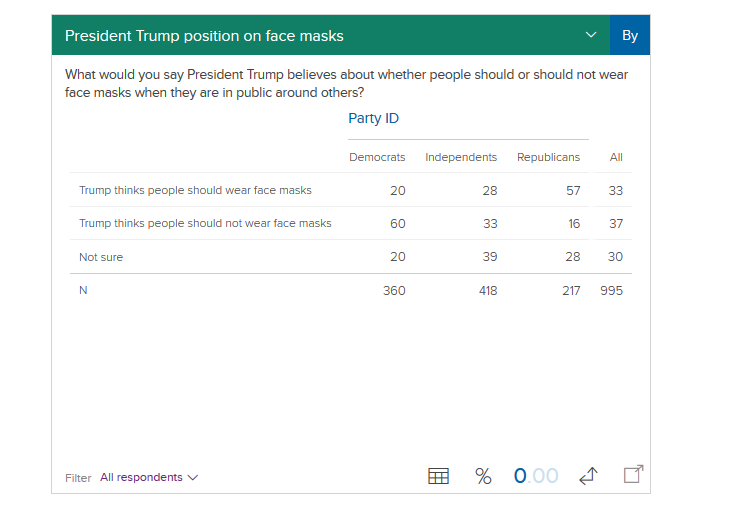
What Can We Polarize Next, the game show
https://twitter.com/gelliottmorris/status/1372356913720135680
To put into context, that's a significantly wider gap than on vaccine refusal.
These rapid cultural polarizations (see also: Kanye, the NFL, etc.) are always fascinating to me, because they seem silly, but also makes sense — presumably many Americans' partisan sentiments are stronger than their previous opinions on, say the royal family.
It'd also be sort of fun to check back in a year and see exactly how durable the shift is once it's no longer the politics-adjacent issue du jour.
• • •
Missing some Tweet in this thread? You can try to
force a refresh





